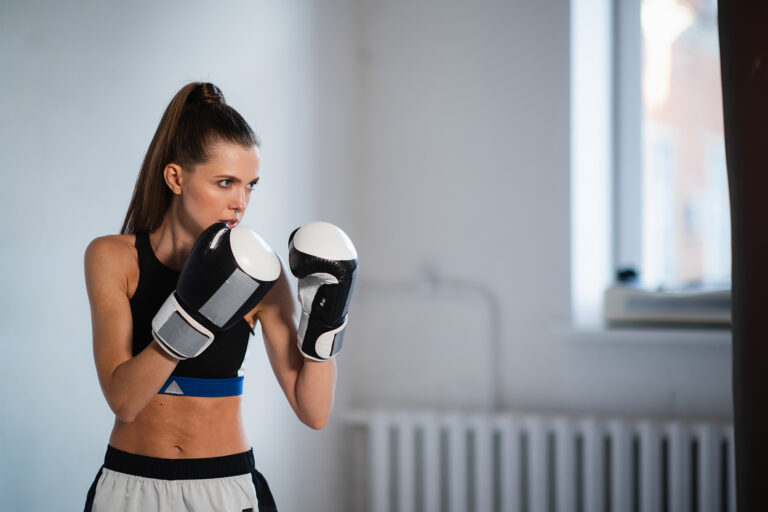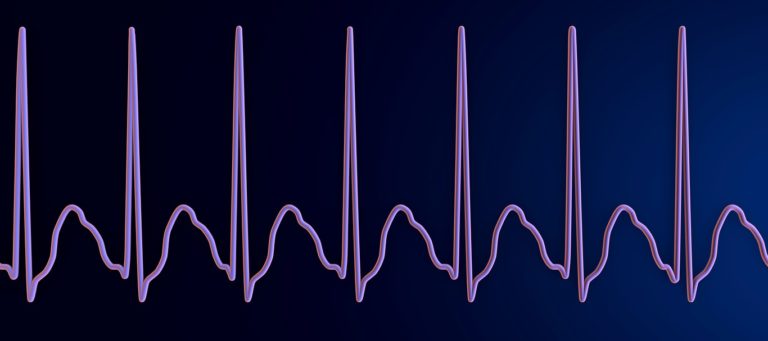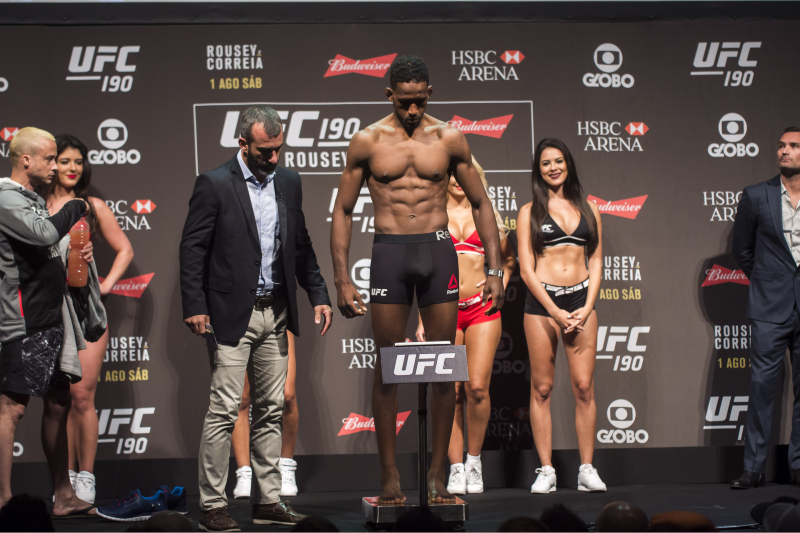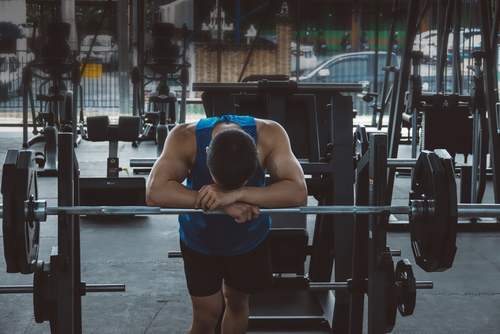Welcome to an insightful exploration on TheFightDoctors.Com, where we delve deep into the often-overlooked but critical aspect of athletic success – the relationship between sleep and athletic performance. Our article is designed to enlighten and empower athletes, fitness enthusiasts, and anyone passionate about maximizing their physical capabilities through the transformative power of sleep. Moreover, in our CBD store, you will find products that support rest, essential for athletes and fitness enthusiasts.
TheFightDoctors.Com is a physician-run company with expertise in health, fitness, and combat sports. Our rigorous individual lot testing on all our products ensures the highest quality standards. We empower you to unlock your sleep and athletic performance, boost your health, and shatter your fitness goals. This comprehensive piece sheds light on how sleep affects athletic performance, physical recovery, mental sharpness, and emotional balance.
Athletes and Sleep: How Much Sleep Do Athletes Need?
Athletes do need a good night’s sleep – and usually a bit more than everyone else! Think of it like recharging your body’s battery after a long day of moving and grooving. So, how many hours of sleep do athletes need exactly?
1. Adult Athletes: Most of us need 7-9 hours of sleep, but athletes might need more sleep. They do best with around 8-10 hours each night to help their muscles recover, and their minds stay sharp.
2. Young and Growing Athletes: Teenage athletes need extra sleep for their growing bodies. Around 8-10 hours is good, but sometimes up to 10 hours or more is even better.
3. Importance of Sleep for Pro Athletes: The champions of the sports world might snooze for up to 10 hours a night. Their bodies and minds go through a lot with all that intense training and competition.
4. Nap Time: A quick 20-30 minute nap can do wonders for an athlete’s energy levels, especially if they didn’t catch enough Zs the night before.
Remember, it’s not about how long you sleep but how well you sleep.
And if counting sheep isn’t enough, it might be a good idea to chat with a doctor or a sleep expert.
How Much Sleep Do Runners Need?
Runners may have different sleep patterns compared to other athletes. Training times, nutrition, sleep quality, and mental preparation will affect optimal sleep duration for runners. Individual variations apply, but quality and consistency in sleep are essential for all athletes.
Runners need 7-9 hours of sleep per night for optimal physical and mental recovery. Yet, individual sleep needs can vary, and some runners may find they need closer to 8-10 hours, especially during periods of intense training or after endurance events like marathons.

Does Sleep Affect Muscle Growth?
Yes, sleep affects muscle growth. The relationship between the two is vital for anyone engaged in physical training.
Optimal Sleep for Muscle Growth and Repair: When you sleep, your body enters a state of repair and recovery. For optimal muscle growth, athletes might benefit from 8-10 hours of sleep. During the deep stages of sleep, your body repairs the micro-tears in muscle fibers caused by intense physical activity.
Role of Growth Hormones: Sleep recovery for athletes is crucial for the release of growth hormones, which are pivotal for muscle growth. The majority of growth hormone, which stimulates tissue growth and muscle repair, is released during deep sleep cycles. This process underscores the importance of sleep for athletes.
Energy Conservation and Protein Synthesis: While you sleep, your muscles get extra energy for recovery and growth. Additionally, sleep affects athletic performance and enhances protein synthesis – a building block of muscle tissue.
Impact on Cortisol Levels: Sleep also plays a role in regulating cortisol levels in the body. Cortisol is a hormone that can break down muscle tissue when present at high levels. Adequate sleep recovery for athletes helps keep cortisol levels in check, protecting muscle mass from breaking.
Influence on Workout Performance: The quality of sleep influences athletic performance during workouts. Adequate sleep ensures better strength, endurance, and energy levels. This means you can train more effectively, leading to better muscle growth over time.
Recovery and Overtraining: Sleep is a key factor in preventing overtraining. Overtraining can lead to muscle fatigue and strain, making it more difficult for muscles to grow and recover. Sleep is important for athletes to prevent the harmful effects of overtraining.
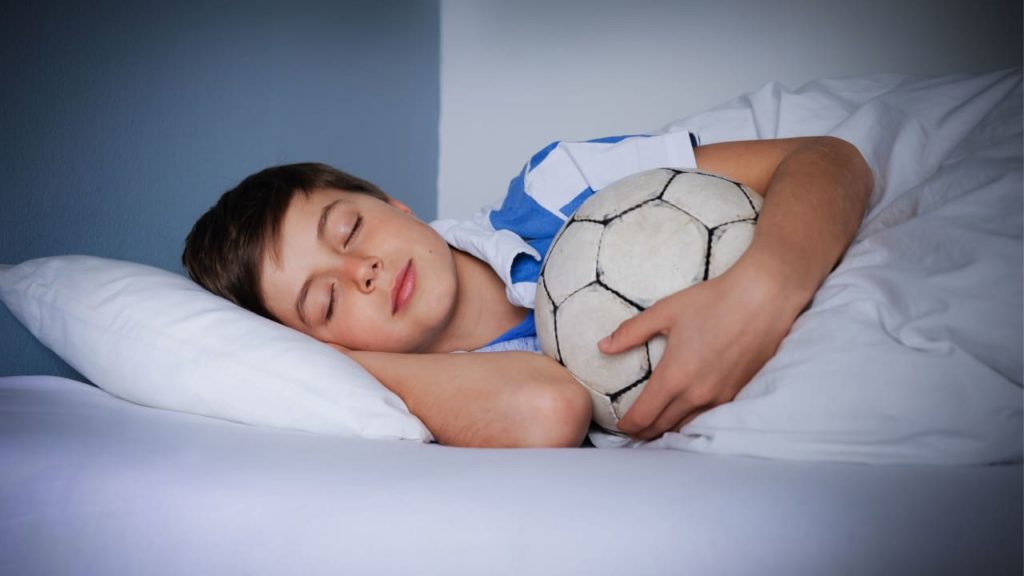
What is More Important, Sleep or Exercise?
Deciding whether sleep or exercise is more important is like asking which wheel is more vital on a bicycle. They both play essential and complementary roles in keeping you healthy.
The Importance of Sleep for Athletes:
- Restoration and Recovery: Sleep is vital for the body’s repair process. Sleep affects muscle growth, tissue repair, and hormone regulation. These are essential for recovering from physical exertion.
- Mental Health: Sleep is important for athletes and plays a role in our cognitive functions.
- Physical Health: Not getting enough sleep is connected to health issues like obesity, heart problems, diabetes, and a weaker immune system.
The Role of Exercise:
- Physical Health: Regular exercise is essential for cardiovascular health, muscle strength, and weight management.
- Mental Health: Exercise is a powerful mood booster. It releases endorphins, reduces discomfort, and can help reduce symptoms of unease.
- Sleep Quality and Athletic Performance: Regular physical activity improves sleep quality and helps you to fall asleep faster.
Practical Tips for Athletes
Establishing a sleep routine is crucial for athletes, as it can impact their training, recovery, and performance. Here are some practical tips about optimal sleep recovery for athletes:
Set a Consistent Sleep Schedule due to Optimal Sleep for Muscle Growth:
- Go to bed and wake up at the same time every day, even on weekends and rest days. This consistency reinforces your body’s sleep-wake cycle.
- Create a Pre-Sleep Ritual:
- Athletic performance can benefit from engaging in relaxing activities before sleep, such as reading, stretching, or meditating, to signal to your body that it’s time to wind down.
- Avoid stimulating activities like intense workouts or screen time (phones, TV, computers) at least an hour before bed.
Optimize Your Sleep Environment:
- Make sure your bedroom is conducive to sleep – cool, quiet, and dark.
- Invest in a comfortable mattress and pillows that suit your sleeping style and enhance sleep recovery.
- Mind Your Diet:
- To promote optimal sleep for muscle growth, avoid heavy meals, caffeine, and alcohol close to bedtime, as they can disrupt sleep.
- If you’re hungry before bed, opt for a light, healthy snack.
- Limit Naps:
- Napping can be good, but remember that long naps can mess up your nighttime sleep, impacting sleep and athletic performance.
- If you need to nap, try sleeping for 20 to 30 minutes daily.
- Manage Worry:
- Practice stress-reducing techniques such as deep breathing, yoga, or mindfulness meditation.
- Keeping a journal to jot down worries or thoughts can help clear your mind before bed.
- Emphasize how sleep affects athletic performance by ensuring athletes are well-rested and mentally prepared for their physical endeavors.
- Exercise, But Not Right Before Bed:
- Regular exercise can promote better sleep and affect athletic performance. But, avoid vigorous workouts close to bedtime as they might energize you too much.
- Monitor Your Sleep:
- Use a sleep tracker to track your sleep patterns and quality, emphasizing the importance of sleep for athletes.
- This data can help you make informed adjustments.
- Limit Fluid Intake Before Bed:
- To cut nighttime awakenings and ensure optimal sleep for muscle growth, try to limit fluid intake in an hour or two before bed.
- Prepare for Sleep Mentally:
- Establish a mindset that values sleep recovery for athletes as much as training. Acknowledge that good sleep is a key part of athletic performance.
By following these tips, athletes can develop a sleep routine that affects athletic performance and their training efficiency. Remember, sleep is as important as diet and exercise in an athlete’s regimen.
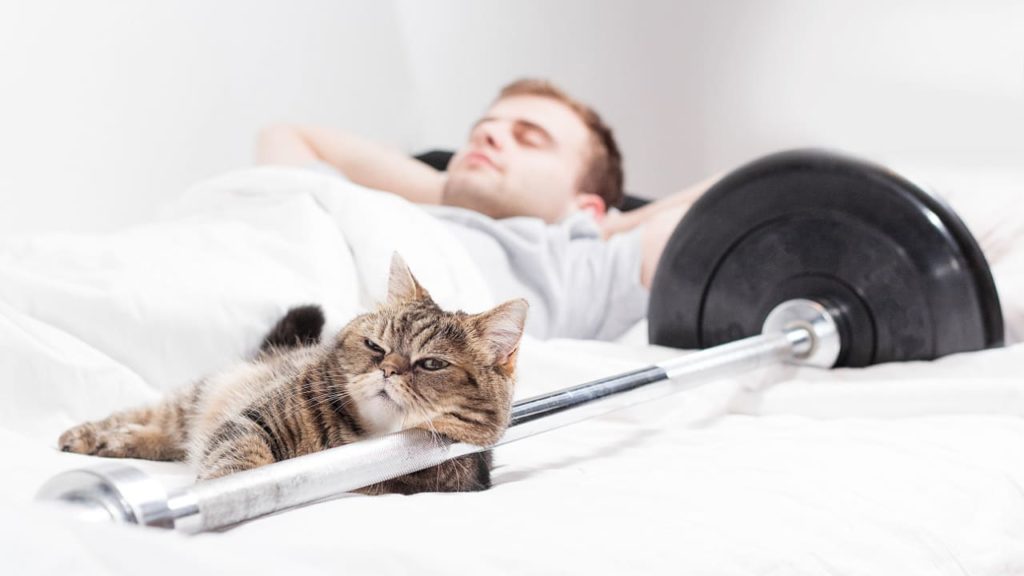
The Power of Exercise and Importance of Sleep for Athletes
Good sleep affects athletic performance and increases exercise tolerance. Without adequate rest, the body can’t repair itself, and exercise performance can suffer.
Instead of viewing sleep and exercise as competing activities. It’s more beneficial to see them as interconnected components of a healthy lifestyle. Balancing is key – enough sleep is important for athletes, while exercise can enhance the quality of sleep. Neglecting either can undermine your health and diminish the benefits of the other.


